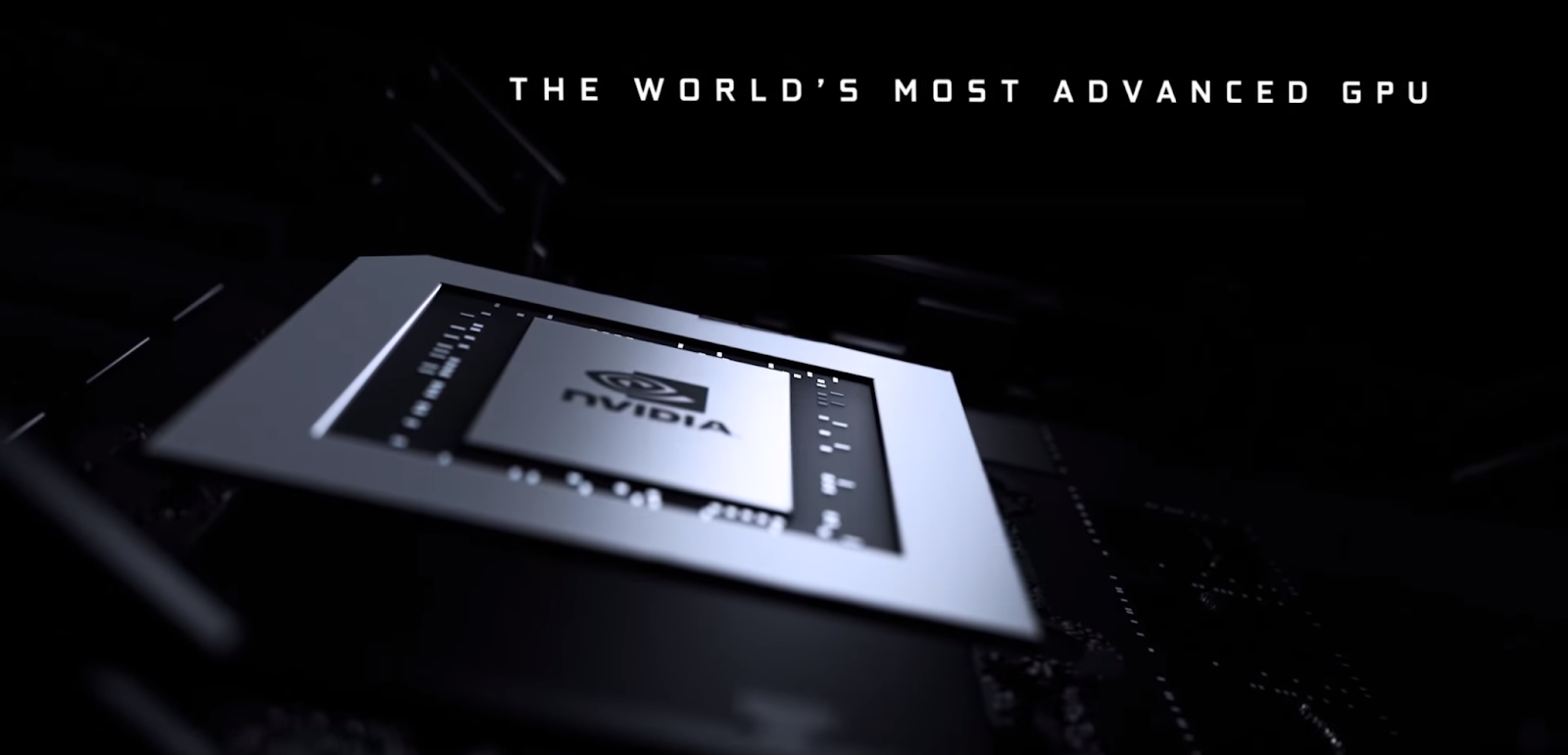

Needless to say, it always massively outperformed h264_nvenc in terms of quality for a given bitrate, while also being slightly faster. Using the 'slow' preset, av1_nvenc outperformed hevc_nvenc in terms of encoding speed by 75% to 100% while performing above tests. Usage example: ffmpeg -i input -c:v h264nvenc -profile high444p -pixelformat yuv444p -preset default output.mp4 You can see available presets (including lossless for both hevc and h264), other options, and encoder info with ffmpeg -h encoderh264nvenc or ffmpeg -h encoderhevcnvenc. It produces fewer artifacts and the ones it does produce are less jarring to my perception.Īt higher bitrates I had a hard time finding differences between the two encoders in terms of subjective visual quality.

In terms of quality at low bitrate cbr settings, it seems to outperform it even. If you need to revert to an earlier version of nv-codec-headers, download and compile an earlier release from https. The encoder seems to be trading blows with hevc_nvenc. I see support for nvidia NVENC in this document, but it seems confusing, some step by step or PPA with ffmpeg-nvenc for ubuntu. Timo Rothenpieler merged the NVENC AV1 encoding support and summed it up as: This weekend, FFmpeg added support for using NVENC AV1 with the new NVIDIA GeForce RTX 40 series cards. With the Intel Arc Graphics, AMD Radeon RX 7000 series, and NVIDIA GeForce RTX 40 series, GPU-accelerated AV1 encoding is now widely available for this royalty-free video codec that is becoming more and more popular.


 0 kommentar(er)
0 kommentar(er)
